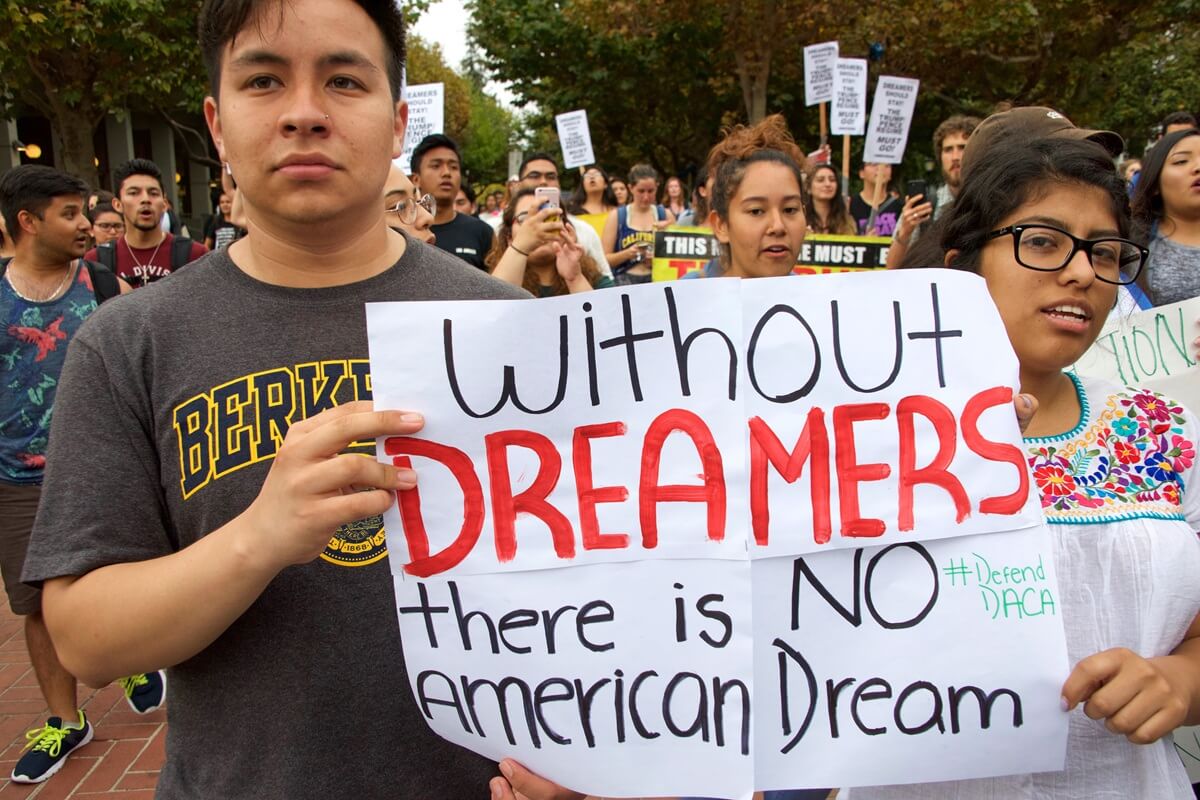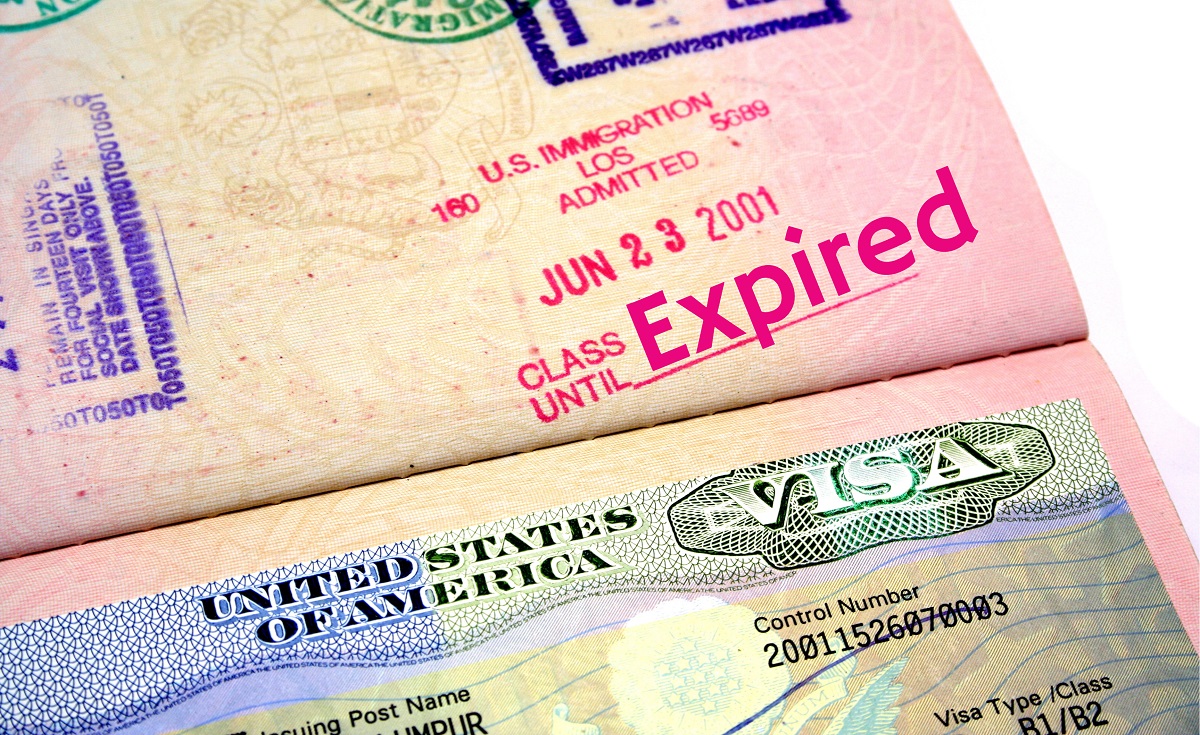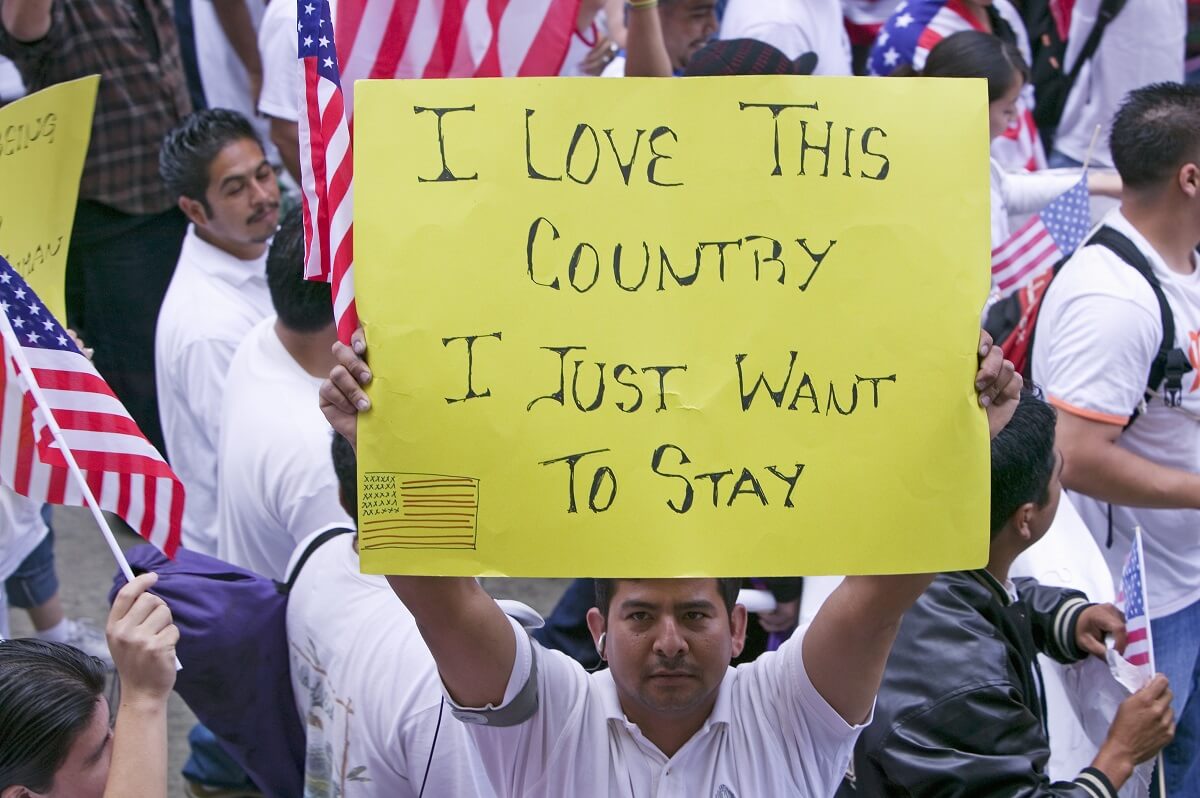
Currently, the Deferred Action for Childhood Arrivals (DACA) program remains in a state of legal uncertainty. Recent court decisions have limited new applications, and the program's future hinges on ongoing legal battles and political shifts. This instability has intensified anxiety among Dreamers, individuals brought to the U.S. as children without legal status, who seek long-term immigration solutions beyond temporary protections.
5 Potential Long-Term Immigration Solutions
While DACA offers temporary relief, it does not provide a direct path to permanent residency or citizenship. However, several long-term immigration solutions exist that can lead to lawful permanent residency. This article explores five viable pathways for Dreamers aiming to secure their future in the United States.
Marriage to a U.S. Citizen
One of the most common routes to permanent residency is through marriage to a U.S. citizen. If a foreign national enters into a bona fide marriage with a U.S. citizen, they may be eligible to apply for a marriage-based green card. How the applicant entered the United States is a significant factor for eligibility:
- Lawful Entry: Dreamers who entered the U.S. legally (e.g., with a visa) can typically adjust their status without leaving the country.
- Unlawful Entry: Those who entered unlawfully may need to apply for a Provisional Unlawful Presence Waiver before departing for consular processing. This waiver addresses the inadmissibility issue related to unlawful presence.
Individuals with an immediate relative relationship and lawful entry (even after a long overstay) will typically find the process very straight-forward. On the other hand, applicants who don't have the lawful entry should consult with an immigration attorney to navigate the complexities of this process and ensure eligibility.
Employment-Based Pathways
For some Dreamers, especially those who have completed higher education in the United States or possess specialized skills, employer-sponsored immigration may offer a viable long-term solution. These employment-based immigration categories can lead to permanent residency, but the process is often competitive and requires careful planning. Sponsorship typically involves a job offer from a U.S. employer, labor certification, and meeting specific eligibility requirements based on the type of visa or green card category. It’s an important option for Dreamers working in high-demand fields such as technology, healthcare, education, and engineering.
- H-1B Visa: For specialty occupations requiring a bachelor's degree or higher. Although temporary, this visa is a solid stepping stone toward employer sponsored permanent residence.
- Employment-Based Green Cards: Through employer sponsorship under EB-2 or EB-3 categories, it is possible to obtain a green card.
These pathways often require employer sponsorship and adherence to strict eligibility criteria. There are a variety of options to learn about. Consulting with an immigration attorney and potential employers is advisable to explore these options.
Asylum
Dreamers who fear persecution in their home countries due to race, religion, nationality, political opinion, or membership in a particular social group may apply for asylum. There are important considerations:
- One-Year Filing Deadline: Asylum applications must generally be filed within one year of arrival in the U.S., though exceptions exist.
- Evidence of Persecution: Applicants must provide credible evidence supporting their fear of persecution.
If granted asylum, individuals can apply for a green card one year after receiving asylum status.
LIFE Act (Section 245(i))
The Legal Immigration Family Equity (LIFE) Act allows certain individuals to adjust status in the U.S. despite unlawful entry, provided they had a qualifying petition or labor certification filed on or before April 30, 2001.
- Qualifying Petition: An immigrant petition (Form I-130 or I-140) or labor certification filed on or before the cutoff date.
- Physical Presence: Must have been physically present in the U.S. on December 21, 2000.
Dreamers with such a petition in their family history might still benefit from this provision. It's essential to consult with an immigration attorney to determine eligibility under the LIFE Act.
U Visa for Victims of Crime
Another potential long-term immigration solution for some Dreamers is the U visa. The temporary status is designed to protect victims of certain serious crimes who have suffered substantial mental or physical abuse and are willing to assist law enforcement in the investigation or prosecution. The U visa can also provide a path to lawful permanent residence. There are important criteria:
- Applicant must have been the victim of a qualifying crime, such as domestic violence, sexual assault, human trafficking, kidnapping, or felonious assault;
- Crime must have occurred in the United States or violated U.S. law;
- Applicant must have suffered substantial physical or mental abuse as a result of the crime; and
- Applicant must have been helpful, is being helpful, or is likely to be helpful to law enforcement or government officials in the investigation or prosecution of the crime.
For Dreamers who have experienced serious crimes and are willing to cooperate with authorities, the U visa can offer both protection and a path toward building a secure future in the United States.
The Role of DACA Today
Even though DACA does not offer a direct path to permanent residency, it continues to provide important, though limited, benefits:
- Protection from deportation
- Authorization to work
- Eligibility for a Social Security number and state benefits (in some states)
As of now, only current or past DACA recipients can renew their status. New applications are not being processed due to court rulings. This legal limbo has increased the urgency for many recipients to explore more permanent solutions, especially before future litigation potentially dismantles DACA altogether.
How CitizenPath Can Help
Navigating long-term immigration solutions as a Dreamer can be overwhelming. But you don’t have to go through it alone.
CitizenPath helps immigrants and their families take control of their future with step-by-step guidance through complex immigration processes. Our affordable, online services are designed for people without legal backgrounds. We make it easy to prepare forms like the DACA Renewal Package (Forms I-821D and I-765), Adjustment of Status Package (Form I-485), and several other immigration services.
Our platform checks for common errors, provides helpful instructions, and helps you avoid delays or rejections—all at a fraction of the cost of an attorney.
Stay Informed: Sign up for our newsletter to get immigration tips, updates, and alerts delivered to your inbox. Empower yourself with tools and knowledge that help you build your future in the United States.
Dreamers have built lives, families, and careers in the United States. The uncertainty of DACA and the lack of congressional action on immigration reform create a stressful reality. However, there are still legal options available. There are also organizations that want to help you. Whether through marriage, employment, asylum, or special waivers, many Dreamers may find a path to permanent residency by taking the right steps today.
By exploring these long-term immigration solutions, Dreamers can take control of their future, even in the face of legal and political uncertainty.
Want more immigration tips and how-to information for your family?
Sign up for CitizenPath’s FREE immigration newsletter and
SAVE 10%
on our immigration services






